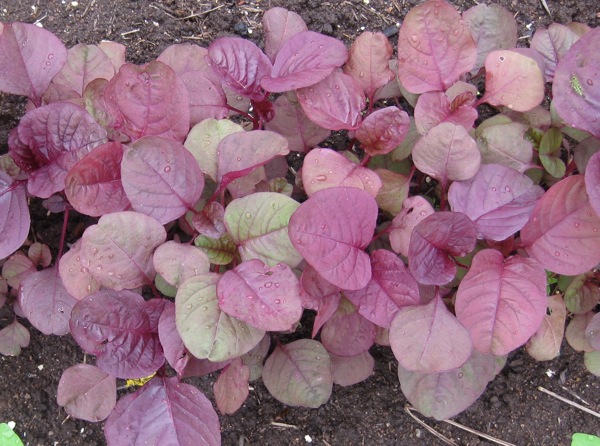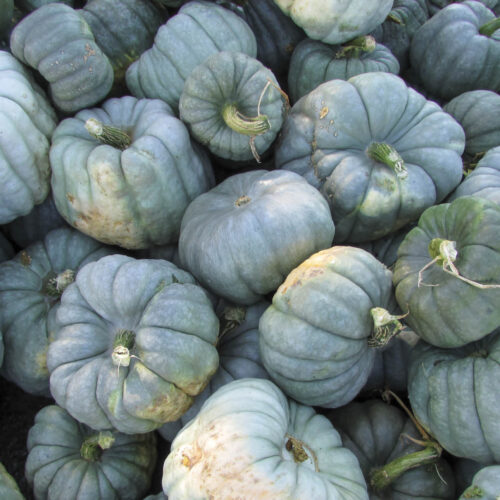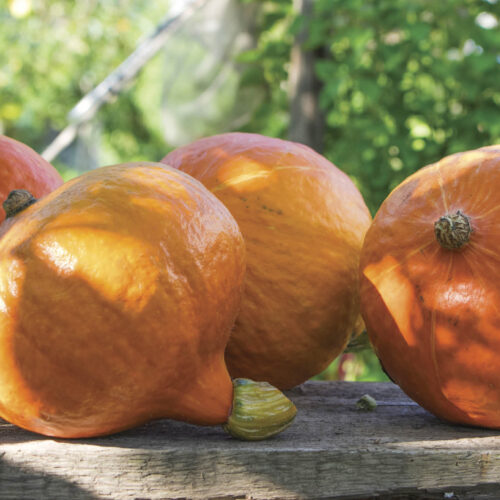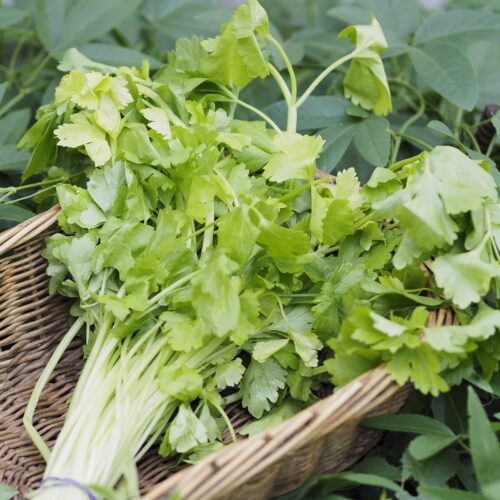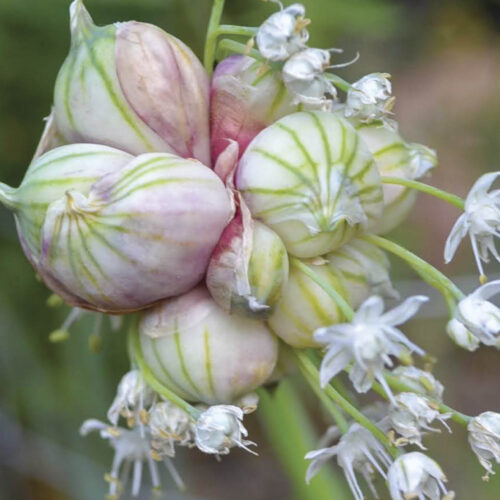Salad greens that survive the wet
2011-01-19T06:00:32+11:00
Choosing the right plants is crucial to producing food during a wet summer, says SIMON WEBSTER.
Most of Australia is copping a lot of rain this summer, and even if you haven’t been affected by floods, it’s likely many of the plants in your garden are suffering from too much water.
Here in the subtropics (I’m in northern NSW), we’re lucky in that we can grow tropical plants in summer – and during summers like this, they are just about the only things that survive.
I had a chat with the knowledgeable Frances Michaels the other day. She runs the Green Harvest organic gardening supply company in Maleny, Queensland, with her husband Jeff.
With lettuces, brassicas and many other greens not coping at all well with the deluge, the Michaels family has been using the tips of pumpkin, choko and sweet potato plants in salads. And Frances has a simple guide for working out which part of the tip is good enough to eat: “If you can snap it, it’s tender,” she says. “If it bends it’s too tough.”
Taking out the tip of a pumpkin main leader has an additional benefit: it leads to the production of more side shoots, which produce more female flowers, and therefore more pumpkins.
Salad greens that have thrived in the wet in Maleny include kangkong, Egyptian spinach and red amaranth (pictured), Frances says. OK, so that’s technically a ‘salad red’ rather than a ‘salad green’, but let’s not quibble.
‘Suyo Long’ cucumber and ‘Costa Romanesque’ zucchini have also proved surprisingly successful, while many cucurbit cultivars have collapsed in a heap.
Of course, what’s mighty in Maleny might be meek in Melbourne. Half the battle in organic gardening is choosing plants that suit your climate. Down in Tasmania, Peter Coxhead of Rangeview Seeds says Asian brassicas such as hon tsai tai, kailaan and mizuna have been thriving in the unseasonably wet summer.
“They all did well,” he says. “Particularly when mulched, because it means they don’t get soil splashed on them.” Soil splash can lead to fungal disease.
You’re most likely to find rare varieties that suit your climate through specialist mail order seed companies.
Photo: Green Harvest

